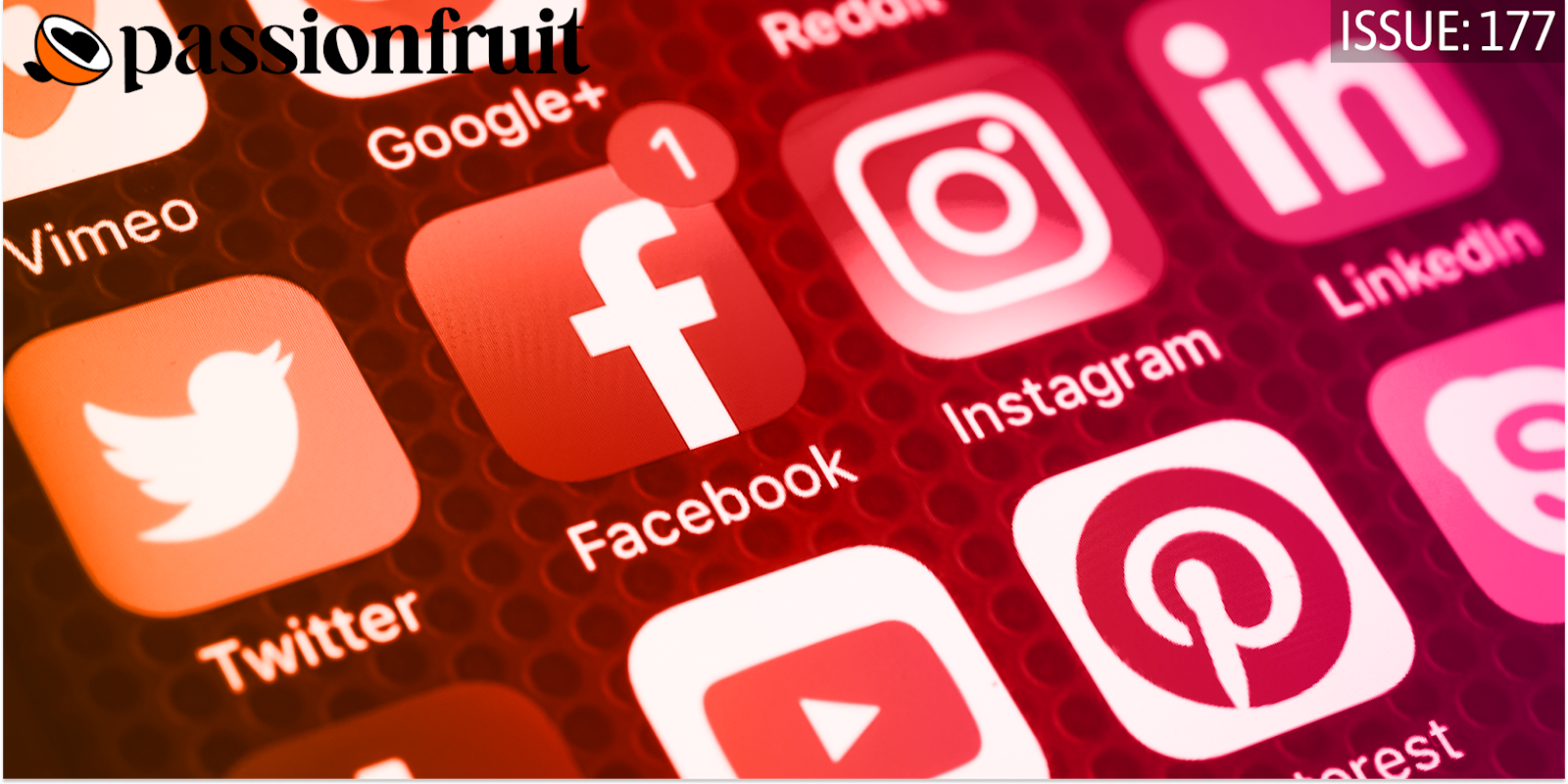
Issue #177 | October 17, 2023
“Ahsoka” reactions, TikTok Halloween trends, MrBeast challenges. While these things normally are a source of levity in our lives, ‘content’ feels, at least to me, meaningless right now. And even worse, the normal things we post can seem out of touch with the current global humanitarian crisis we’re facing — and the ongoing social media tidal wave happening, unlike anything the internet has witnessed since the political storm of 2020.
Creators are known for sharing their personalities and opinions online. Your income is tied to two levers that often work in opposition to each other: algorithm reach (which is fueled at times by controversial content) and paying subscribers (fueled by community, loyalty, and trust). The parasocial nature of being a creator means fans may deeply desire to hear from their favorite creators and have them “take a stand” — and yet many of them will feel betrayed when their personal views are not echoed exactly back to them.
Most of all, creators struggle because they are expected to be online constantly, and social media is exhausting. We encounter swathes of traumatic, graphic, and horrific content as we swipe through our algorithmic feeds. For those of you with loved ones currently in Palestine, Israel, and the Middle East, this sea of content is currently unbearable.
Creators, if you want to use your reach to amplify a cause or educate your peers, I applaud you for your bravery. Young TikTokers are bravely documenting what is happening in their lives. Twitch streamer Hasan Piker organized a fundraiser that has collected over $750,000 for Palestinian medical facilities. Citizen journalists are taking time to debunk misinformation.
All that said, it’s also okay to have strong opinions and still want to step away and go dark for a while. Offline time is sacred. It’s time to grieve, connect with your loved ones, rest, and process the trauma you’re seeing on social media. It’s also much-needed time to volunteer, organize community events, protest, and educate yourself. I personally have deleted social media apps from my phone this week, and I’m taking the time I have away from screens to volunteer for mutual aid organizations, read, and hold the people I love close.
Speaking out comes with real risk. Of course, we’ve heard all the stories about all kinds of people with varying stances losing brand deals, Patreon subscribers, and followers for expressing their opinions on this crisis. The website Canary Mission has been doxxing and harassing Palestinian rights advocates since 2014. Even the richest, most famous influencers have faced professional consequences: model and influencer Bella Hadid, for example, is Palestinian-American and has faced consistent professional backlash for advocating for her family and home.
But professional risk is just the tip of the iceberg. There’s of course the real threat of violence and the rise of hate crimes against Jewish and Muslim people. The fear that if you have a large platform and say the wrong thing, are seen as virtue-signaling, or don’t say anything at all, you are complicit in death, terror, and genocide. This is prevalent too for Jewish Americans, who may simultaneously find the attacks by Hamas shocking and horrific, as well as feel disgust, rage, and fear over Israel’s barbaric treatment of Palestinians trapped in Gaza.
It’s important that we grapple with these questions of responsibility individually. Regardless of what you choose to say in the online public square, have compassion for yourself and others who might be struggling to find what they truly believe in a sea of propaganda and misinformation. With language heated and hearts broken, we feel attacked, and in our justified fury, we may retaliate disproportionately.
Your favorite creators may make mistakes and spread misinformation unknowingly. Justin Bieber and Jamie Lee Curtis, for example (two people you’d think would have all the PR support they need to accurately report on these topics), both spread false information this week. It’s a good warning for us all to triple-check what we’re liking, sharing, and retweeting. We have a responsibility to do so.
Please take care of yourselves. And for those with family or friends suffering, I’m so sorry for your pain and loss.
– Grace Stanley, Newsletter and Features Editor
In Today’s Newsletter:
- Can Influencers Be Recruited to Combat False Mental Health Information on TikTok?
- SAG-AFTRA Strike Took the Celebrity Out of New York Comic-Con
- The Best Smartphone For Creators On A Budget

